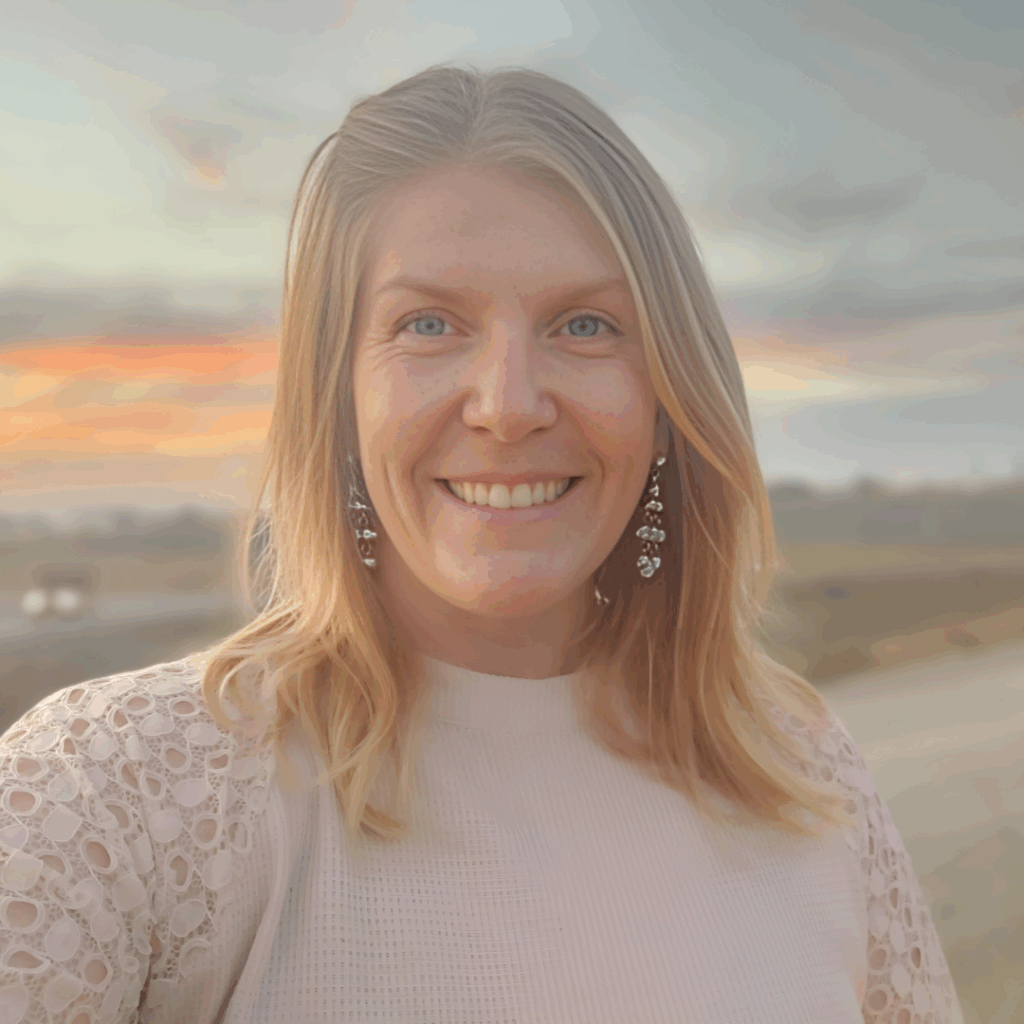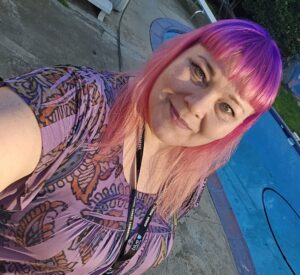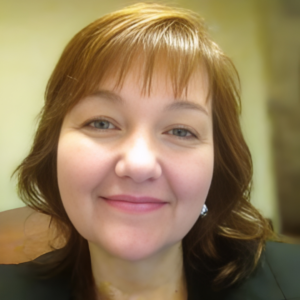CM: When did you complete the Transformative Coaching Essentials program and what are some of the most valuable things you got out of it?
SD: I completed the program in January 2024. Some of the most valuable things a received from the program are:
-
Perspective through reflection allows for greater clarity
-
Curiosity-especially during challenging moments.
-
Patience as a leadership tool has transformed how I engage in both personal and professional relationships.
-
Understanding our Shared Humanity, realizing that people are driven by the same core emotions: the need to be seen, heard, safe, valued and understood.
-
The power of clear outcomes. It provides direction and fuels accountability, ownership, and momentum. This has elevated the effectiveness of my work with individuals and my team.
CM: Do you consider yourself a life coach? If no, how would you describe who you are professionally?
SD: I am a business coach, and I integrate coaching as a supplemental part of my career in real estate investment and management. As a Senior Vice President and managing owner, I use coaching to support leadership, development, improve team dynamics, and help others to navigate the complexities of staffing, operations, and personal growth. Coaching is not separate from my work; rather, it is how I lead, mentor, and grow the people and businesses I serve.
CM: What would you say to somebody who told you they were thinking about becoming a life coach?
SD: Take the training. Seriously. It will help you see your kids more clearly, hear what life is saying, and show you how to be a stronger leader. There is not one area of my life that being a coach has not affected in a positive way.
CM: What is one misperception you believe people have about coaches (whether designated “life coach” or something else)?
SD: That everyone is a coach these days. Society has a perception that this “new age” life coaching stuff is a fad and perhaps driven by the “influencer-fad” mentality. However, coaching is much deeper and historically goes back centuries using a Guide and cultural philosophies to help people attain what they want in life. The meat of coaching is robust and rich- the trick is to find a coach who digs deep into their work as much as their clients.
CM: What is your coaching specialty?
SD: My coaching style is rooted in compassionate clarity, the kind that holds space without judgment and calls forth a deeper strength in the other person.
For a teenager, it may help them uncover who they are underneath the confusion, hurt, or anger.
For a colleague or employee, I have the opportunity to offer encouragement without enabling. I have found it helpful to help them identify what is holding them back, with the focus on emotional intelligence and skill growth. My specialty is grounded in helping others to see their potential and value.
My coaching specialty is in helping others get what they want by hearing their own voice. This could be a site manager frustrated by staffing challenges, a manager who wants to elevate their property income, or my teenager who is navigating their way socially.
CM: Are you a full-time coach?
SD: I consider myself a business coach, practicing within my career.
CM: What do you do other than coaching?
SD: I am a managing owner and Senior Vice President for a large real estate investment and management company, and proud mom to a 10 and 13-year-old. I spend my free time paddleboarding, working on my chicken coop, or traveling.
CM: Do you have a website dedicated to your coaching business?
SD: N/A
CM: Do you have social media accounts that you use primarily for your coaching business?
SD: N/A







